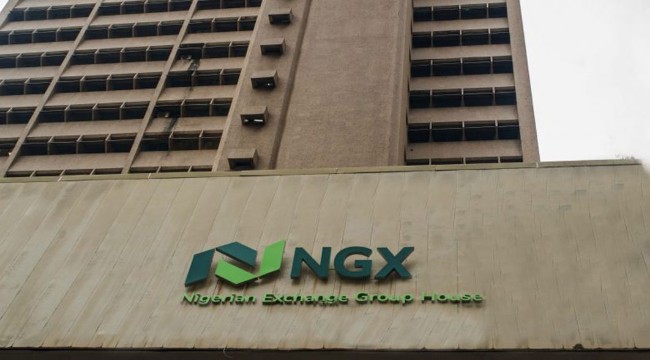Business
Nigerian companies losing foreign investment to 2023 election, forex scarcity

As Nigeria’s 2023 general election draws closer, and foreign exchange scarcity lingers, foreign investors are cutting down their investment into the Nigerian stock market, and this is affecting companies liquidity sources.
Aside from revenue generated from products and services sold by Nigerian companies, other earning sources includes trades on their shares in the Nigerian stock market, and as inflation weighs heavily on the former regardless of the turnover growth, rising from 18.6% in June to 19.64% in July, Nigerian firms are also losing grip on the latter.
During election period, policy uncertainty relating to a new government often discourages foreigners from investing in a country, hence, resulting to them reducing their investment from capital importation to credit, exports, as well as securities investments.
And this has began to take shape in Nigeria, with foreign portfolio investors cutting investment in the Nigerian stock market by 37.24%, as they transacted N273.16 billion stocks between January to July 2022, against the N435 billion traded during the corresponding period of 2021.
According to July 2022 data obtained from the Nigerian Exchange Limited (NGX), foreign investors are also taking out their investment faster than they are investing into the Nigerian equity market, with inflows and outflows closing the month at N13.68 billion and N16 billion respectively.
Read also:NGX: Market cap slumps to N26.9tr amid losses in Caverton, Stanbic IBTC
To better buttress the situation, during the seven months period under review, while foreign investors had reduced their trade value, domestic investors have increased theirs by 1.70%, transacting N1.490 trillion year-to-July, slightly above the N1.465 trillion recording a year before – while inflows have remained high against outflows in July 2022, with both recording N36.97 billion and N34.53 billion respectively.
Ripples Nigeria analysis shows that with foreign investment in the stock market dropping significantly in the first half of 2022, it might affect the contribution of offshore investors (which was 23% last year) this year.
Recall that Ripples Nigeria had also reported that total value of capital importation into Nigeria fell -28.1% on a quarter-on-quarter basis to $1.6 billion in Q1 2022, while on a year-on-year basis, capital importation dropped -17.5% from $1.9 billion of Q1 2021.
The second quarter of 2022 is expected to mirror the decline in H1 this year with the general election seven months away, as policy uncertainty associated to new government will linger into Q1 next year.
Also, considering the Central Bank of Nigeria (CBN) has continued to tighten access to foreign exchange, making it difficult for foreigners to take their money out of the country, foreign investors interest in the equity market will remain low, keeping in mind that international airlines are also threatening to end flight operation into Nigeria over forex scarcity.
Join the conversation
Support Ripples Nigeria, hold up solutions journalism
Balanced, fearless journalism driven by data comes at huge financial costs.
As a media platform, we hold leadership accountable and will not trade the right to press freedom and free speech for a piece of cake.
If you like what we do, and are ready to uphold solutions journalism, kindly donate to the Ripples Nigeria cause.
Your support would help to ensure that citizens and institutions continue to have free access to credible and reliable information for societal development.
























